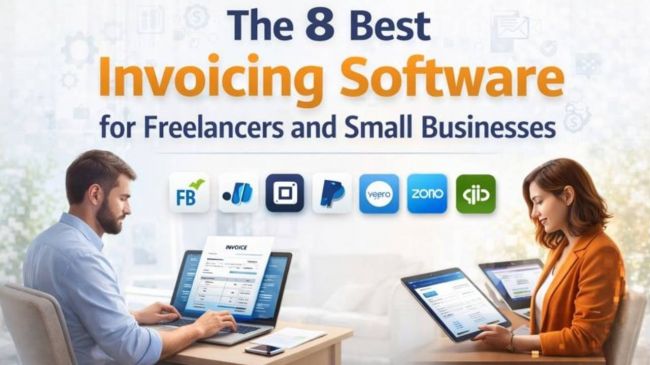If you plan to enter the sports betting or casino industry, having top-quality software for your website is crucial. If you have already taken a look at the matter, you already know that it is possible to choose a turnkey or custom betting platform.
Both variants of software for betting serve the purpose, but both have nuances that can either increase your platform’s performance or hold it back. We have prepared a clear guide on the pros and cons of each solution for you to make an informed choice.
What Are Turnkey and Custom Betting Platforms?
Turnkey betting platforms offer ready-to-launch solutions for your gambling website or sportsbook. They can be fully integrated and offer all the essential features you need, including odds feeds, payment methods, and user account management. They are often provided by such industry experts, as Soft2bet, who have been operating for many years and have a proven reputation.
Custom platforms, on the other hand, are built from scratch. They provide full flexibility over UX, integrations, and scaling, ideal for unique gambling experiences or multi-brand ecosystems. Operators studying modern AI-assisted platforms (as covered in guides like the Riffusion AI creator workflow) often appreciate this freedom, because the same logic applies: custom systems give you more control over experience and differentiation.
One solution definitely beats the other one. They just serve different purposes. The turnkey option is perfect for fast market entry, as there is minimal technical work to do. At the same time, a custom betting platform is a great option to target niche audiences that appreciate uniqueness.
Let’s take a closer look at the advantages and disadvantages of each solution to clearly see which one meets your business needs.

Pros of Turnkey Platforms
There are a couple of undeniable advantages of a turnkey platform that cannot be ignored.
Fast Deployment
Turnkey systems are pre-integrated, meaning you can launch in weeks, not months.
This is especially attractive in fast-growing markets highlighted by researchers such as Statista’s global sports betting outlook
Lower Upfront Cost
When it is not custom-built, the fees are significantly lower. Turnkey solutions typically require minimal development investment, making them ideal for startups or regional brands entering new markets that have tight budgets.
Proven Reliability & Compliance
They come with built-in KYC/AML tools, certified RNGs, and jurisdictional approvals. What is even better, they are already tested by other customers, so you can be certain that they are compliant and meet all the requirements in key markets.
Many operators prefer stability, especially when scaling, similar to brands evaluating AI tools in reports like the Vidu AI capabilities analysis
Support and Maintenance
You do not only pay for software, but for its ongoing maintenance as well. All the issues are handled by the provider, so your internal resources are available for other tasks.
Cons of Turnkey Solutions
Despite all the benefits, several drawbacks should be taken into account, namely:
- limited customization;
- shared infrastructure;
- dependency on updates from the distributor;
- less control over branding.
Those are not critical, but they prevent your platform from being positioned as a unique gambling destination.
Pros Custom Platforms
Just as it is with turnkey solutions, custom platforms have their own set of advantages that make them a perfect choice for certain businesses.
Full Control Over Design, UX, and Features
A unique user experience is possible when you choose a custom solution. Operators can also implement proprietary features that reflect brand identity and market positioning.
Scalable Architecture Tailored to Growth
If you plan to scale to other markets, a custom platform might be a wise choice. Thus, support of multi-brand setups, regional rollouts, and high-volume traffic is available right away.
Easier Integration with Proprietary Systems
Seamless connectivity with existing CRM, data analytics, or payment infrastructure ensures operational efficiency. Unified reporting is also available, allowing for easier performance tracking.
Custom platforms behave much like advanced digital ecosystems described in AI-driven product walkthroughs such as the Comet AI technical review.
Cons of Custom Platforms
As for the disadvantages that should be taken into account, those are as follows:
- more expensive;
- longer development time;
- requires a skilled in-house team of developers;
- maintenance and support are on you.
Those disadvantages make customization less beneficial if you are not the owner of the network of brands or do not have a big budget in place.
Conclusion
As you can see, none of the solutions is perfect. Each has its benefits and drawbacks that require thorough examination before you make a final decision. It is always better to base your choice on business needs and your budget. Moreover, take your business strategy into consideration.
While custom platforms might be good for a big casino network with an ambition of providing a unique gambling experience, turnkey solutions are great for startups and those on a tight budget. They need a quick launch and effective operations at minimum cost.
Yet, there is a third, hybrid option that allows you to combine the best features from both variants and find that golden mean where you still have a certain level of customization, but it does not cost you a fortune.
Post Comment
Be the first to post comment!





